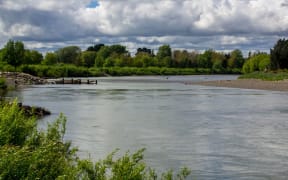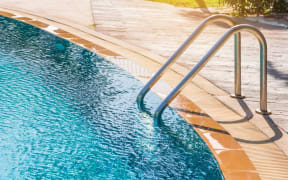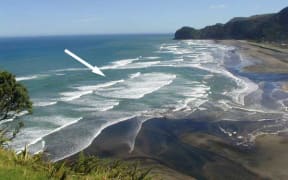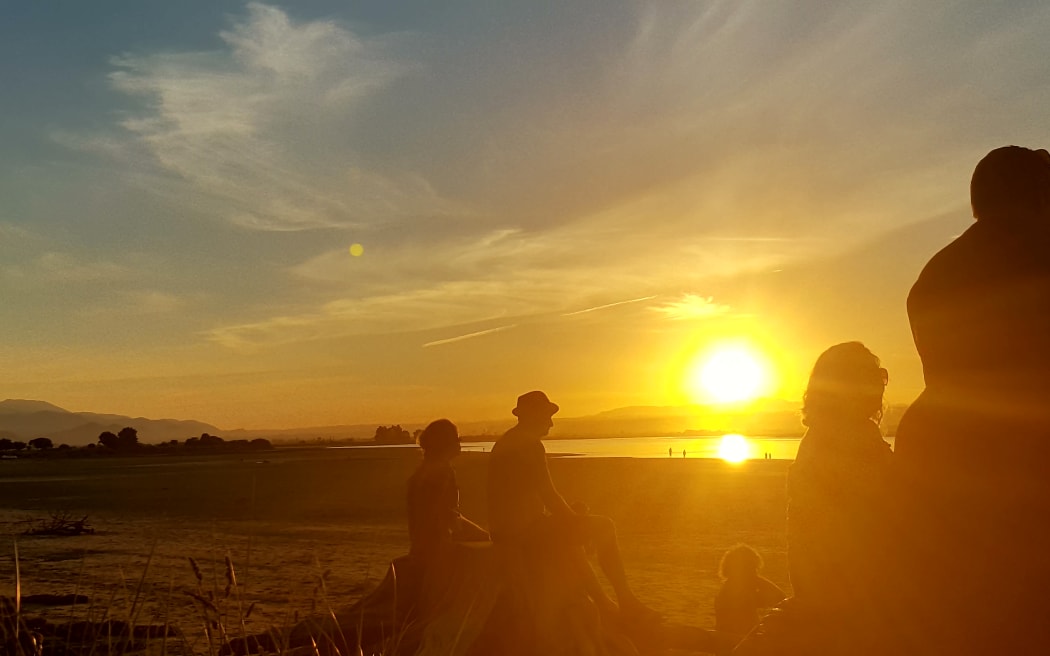
Water Safety New Zealand says the 86 drownings that had occurred to 22 December was above the 10-year average of 82. (File image) Photo: RNZ / Tracy Neal
There have been 86 fatal drownings this year and modelling predicts a further six before the year ends.
The latest data from Water Safety New Zealand to 22 December 2023 said 86 is above the 10-year average of 82 drownings.
However it is less than the 104 drownings predicted in October, leading to a revised prediction of 92 drownings for 2023.
Chief executive Daniel Gerrard is cautiously optimistic after 94 drownings last year, which he called an "absolute disaster".
"While we are relieved to see a reduction in the projected number of drownings, we must not let our guard down. The model still predicts nearly one drowning per day.
"It's essential that everyone continues to exercise utmost caution in and around water, especially during the remainder of this busy holiday season."
There were nine preventable drownings during last year's holiday period (4pm, 23 December to 6am, 4 January). But it was the worst summer (1 December, 2022 to 28 February 2023) total since 1997 with 49 preventable drownings.
This year's period begins from 4pm, Friday 22 December and runs through until 6am on Wednesday 3 January.
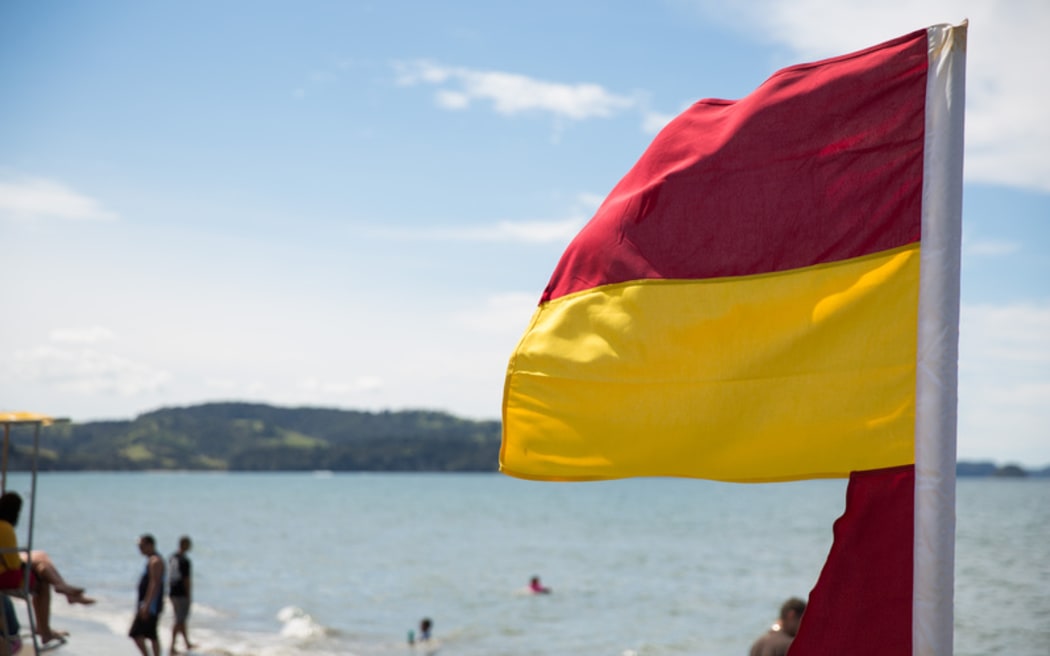
Water Safety NZ advises people to swim between the flags on a patrolled beach and to not overestimate their ability around water. Photo: RNZ / Cole Eastham-Farrelly
Gerrard said 81 percent of fatalities were male and of those 60 percent were over 45.
"They are often in boats and they are often not wearing life jackets, so if we were to be able to influence and change anything, it would be to get people... to make sure they do the right thing for the people they're looking after and in charge of out in boats.
There has been a notable overrepresentation in drowning incidents within the Asian community, with 17 drownings this year - more than double the number from last year and exceeding the 10-year average of 11.
The number of fatal power craft incidents has reduced, with three fatalities this year compared to 21 last year, significantly below the 10-year average of 11.
Though that decrease is offset by an increase in flood-related (non-recreational) drownings.
Slips and falls, leading to unintentional entry into the water, account for a third of total drownings (28 cases), which Water Safety New Zealand said underscores the need for an enhanced focus on aquatic literacy in schools with a greater focus on the basic skills such as floating.
There were 25 drownings at beaches and 24 at rivers making them the most challenging environments for drowning incidents this year.
Auckland has experienced a worrisome increase in drownings, with 25 deaths year-to-date, up from 17 and well above the 10-year average of 16.
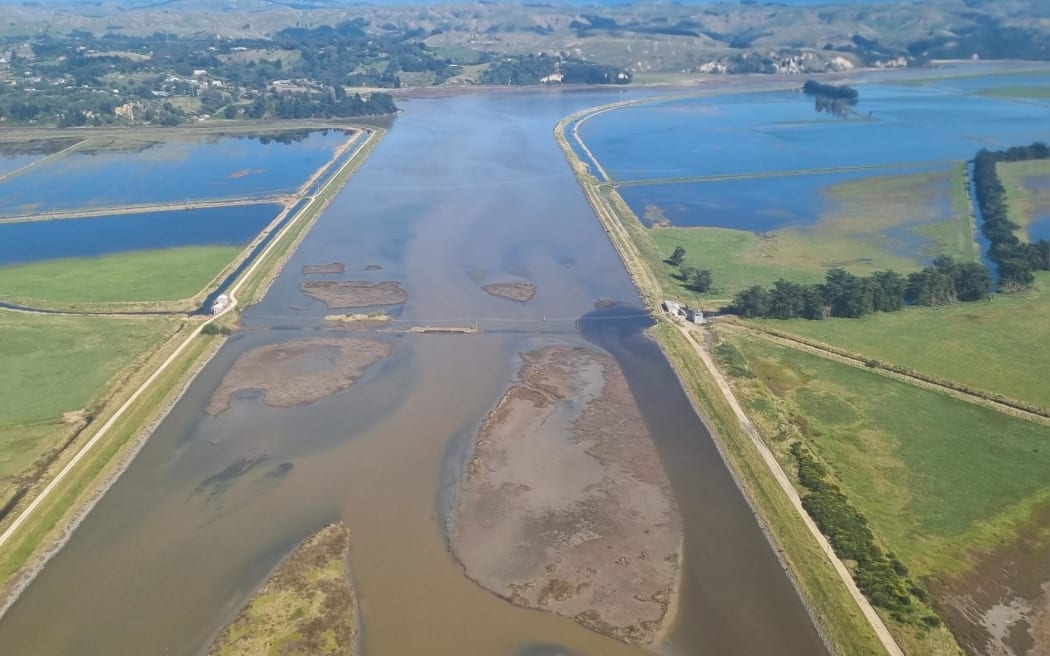
An aerial shot of flooding in Napier after Cyclone Gabrielle. Photo: RNZ/ Tess Brunton
In Hawke's Bay, drowning incidents have tripled the 10-year average, with 12 cases this year, partially attributed to this year's tragic flooding.
Contrary to the overall trend, Northland shows a decrease in drownings, with three cases this year compared to 18 last year.
Gerrard said preventing drownings came down to personal responsibility.
"[Make] sure you know how to float, that you're safe in the water there, that you can identify the safest place to swim, and we always push for that to be between flags on a patrolled beach.
"If you're not so sure about whether the conditions are good for you or you should be up on that rock fishing, then if in doubt, stay out.
"The buddy system - always doing this stuff with a friend we really believe is important, so get out there with your friends and family to have a good time in the water and if things do go awry, make sure you call 111 and ask for the police.
Gerrard said it was important for New Zealanders to get out and enjoy the environment.
"We are so, so lucky to live where we are and and have these waterways and beaches that connection to water, whether it's out there, getting your food or just out playing is part of being a Kiwi and we just want to make sure that everyone's got that great level of basic knowledge and basic skills and that they overestimate their inability.
"That way we get people back home safe and sound."

